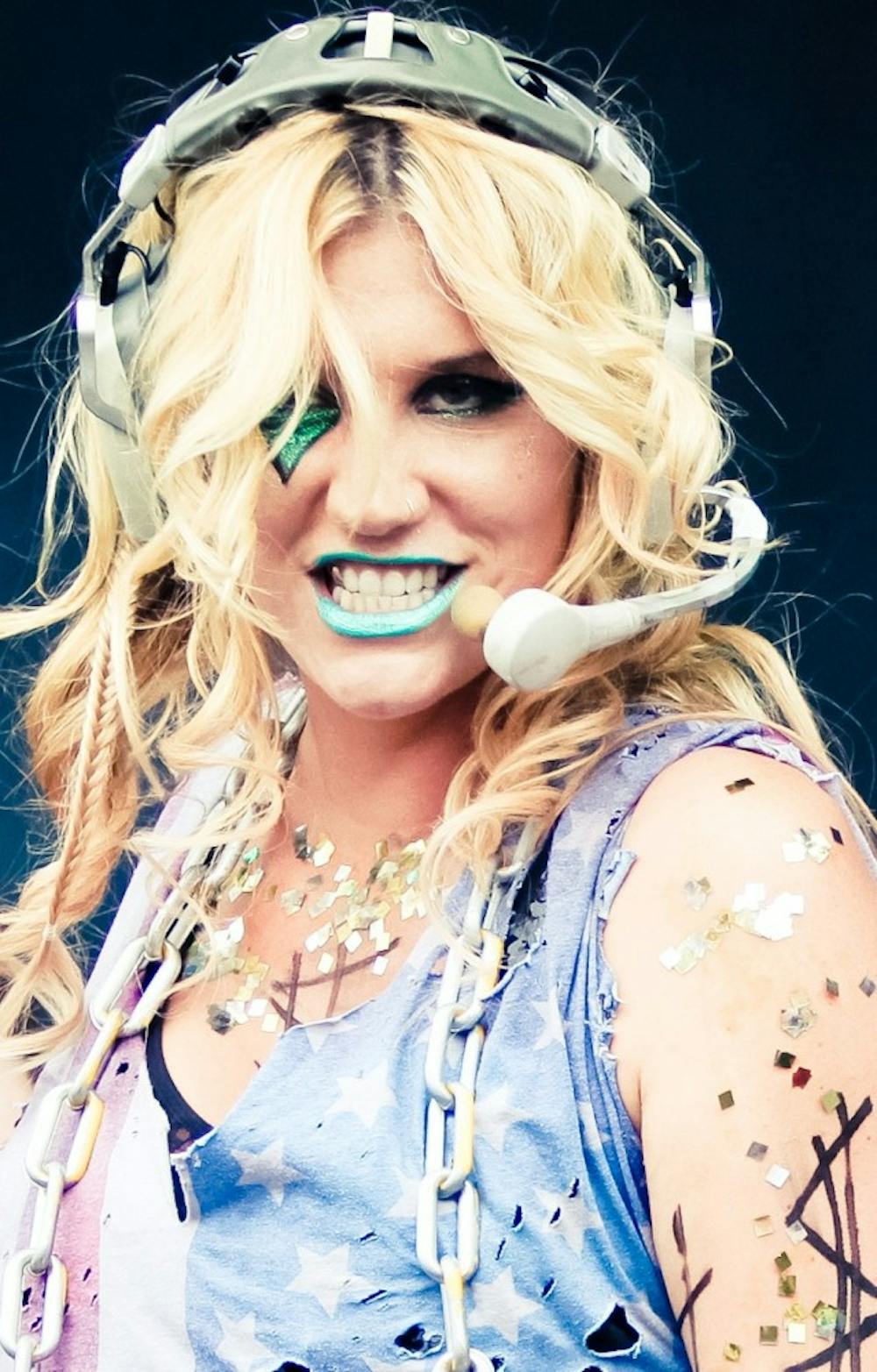It’s October, 2010. The cool breeze, a harbinger of the fast approaching autumn days, brushes against your pre-pubescent body. That’s what the goosebumps lining your arms must be from, you conclude. And yet, as you turn the minivan radio volume knob up from the front seat (a privilege granted to you now that you’re 11) a new realization emerges. We R Who We R by Kesha. That’s where this chill, now spreading to your fingertips and extremities like newly oxygenated blood, is coming from.
Flash forward to the present. It’s 2018, and I demand an end-of-summer Kesha banger. We are in dire need of one last hit to round out our annual, tri-month break from the soul-crushing grind of school, and she’s the only one who can deliver it. I want to rhythmically sing-talk my way through dorm room karaoke sessions with friends to this song, memorize lyrics instead of studying for quizzes, and bring in the new academic year with a yodeled millennial whoop. I want a trash-pop anthem reminding me that it’s okay to not have any money in my pocket, distracting me from the country’s ongoing recovery from the greatest financial crisis since the Great Depression. It has to be raunchy enough that my parents will be disappointed in me for singing it around the house, but not enough to warrant scolding me for it; a song for me to reconceptualize years later after reading a feminist website’s think piece on its deliberate use of positive female expressions of sexuality.
As a man with no knowledge of the music industry but a deep admiration for pop divas, I feel that I have the authority to tell women in music how to handle their careers. And Kesha is no exception to this rule. I even have a vision of the music video for this yet non-existent song in my head, which I am happy to share with her yet non-existent director, and you. We open with Kesha laughing with friends in a packed club of underpaid extras who are happy just to be on a music video set. Flashing neon lights frame her face, and Nicki Minaj comes out in a scandalous outfit for her verse on the bridge. It’s a good video, fitting for the song, and there’s just enough shock factor for it to go viral.
Perhaps my demand boils down to a nostalgic longing. I imagine my stresses dissipating as I immerse myself in this perfect pop song, reverting my mental state to the simpler contemplations of my youth. Maybe such a fantasy is so potent because today’s popular music isn’t as good as it once was. Can “no tears left to cry” or “Havana” truly compare to the simple jubilance of “TiK ToK” or “Your Love is My Drug?” Only a summer Kesha banger could deliver the combination of repetitive electronic patterns and gritty lyricism necessary to satiate me. Yet deep within me, I fear that no pop goddess can answer my apostrophe and return to me the romanticized childhood happiness I recall now only in fleeting visions over pop beats in Shooters or shuffled Spotify playlists at pregames.
Maybe I have aged out of the formative years in which I associate Top 40 radio rotations with happy memories, and no new song, no matter how bubblegum, can change that fact. My experiences with the music of Cardi B, Dua Lipa, and Ariana Grande don’t feel quite as naive in my memory, instead tainted with the scent of alcohol and anxiety over my bad dancing. Though I can recite Bodak Yellow with the accuracy of a Duke freshman preparing for their first exam, and the vocal performance of a white, gay male in his late teenage years whose voice stopped dropping at a tender 14 years old, the song doesn’t evoke the same emotional notes within me that the pop songs that soundtracked my childhood do.
The possibility that she can’t recreate the faultless music of her early work doesn’t excuse Kesha from her obligation to deliver a late song of the summer. At its crux, that’s what being human is all about, right? When we face potential failure, do we give up, or do we persevere, and give it our best effort? Although Kesha may not be able to free me from the chains of adolescent consciousness, she owes it to us, to herself and to humanity to try. And it is in this context that I repeat my humble request: Kesha, I ask you via the Duke Chronicle to bring me back to my 2010 emotional state with a summer-concluding smash.
Jordan Diamond is a Trinity sophomore. His column runs biweekly.
Get The Chronicle straight to your inbox
Signup for our weekly newsletter. Cancel at any time.

